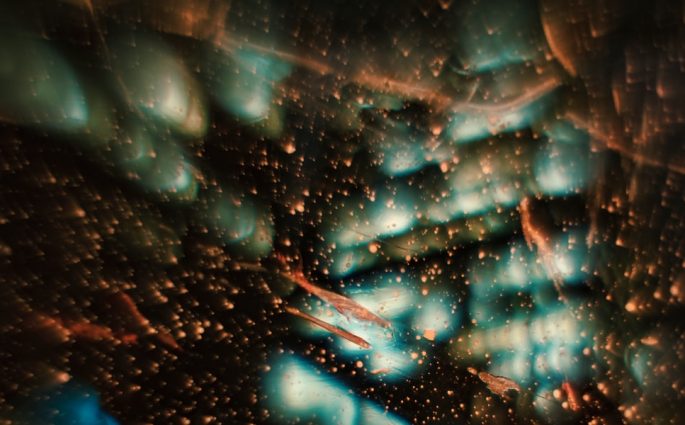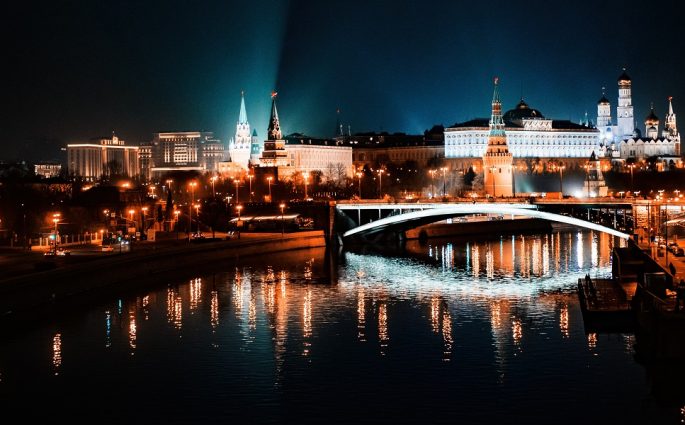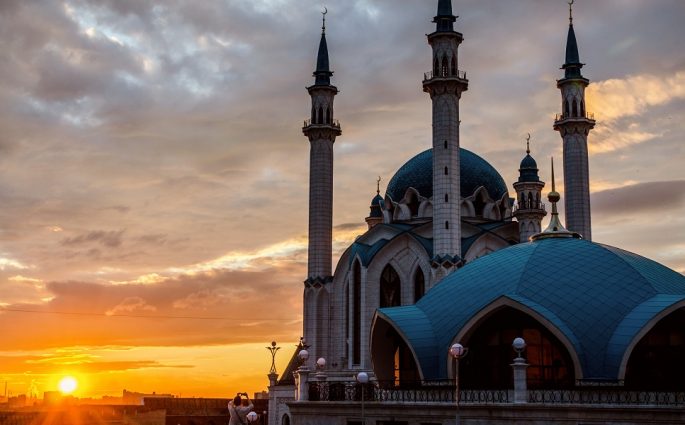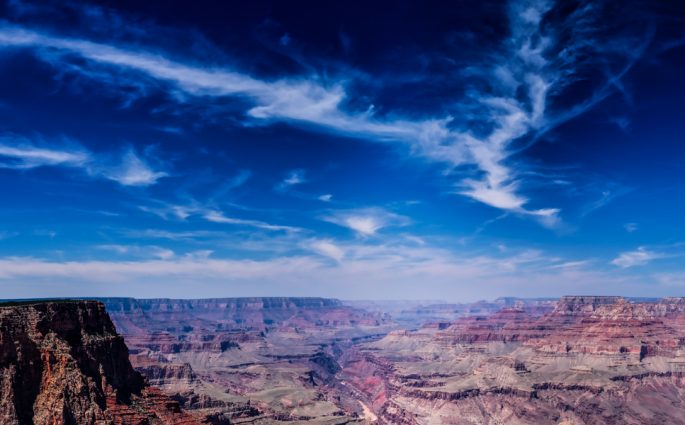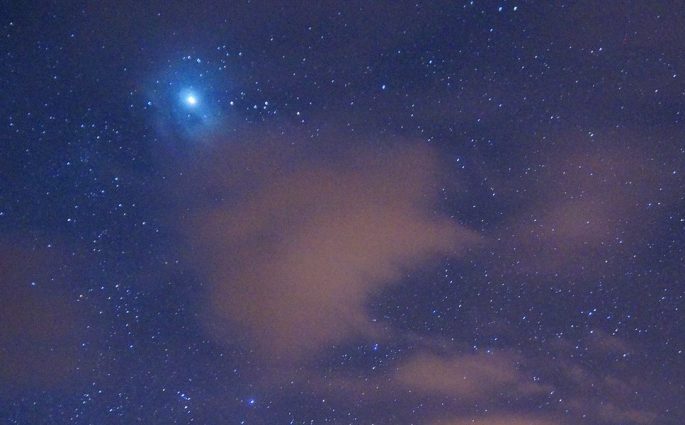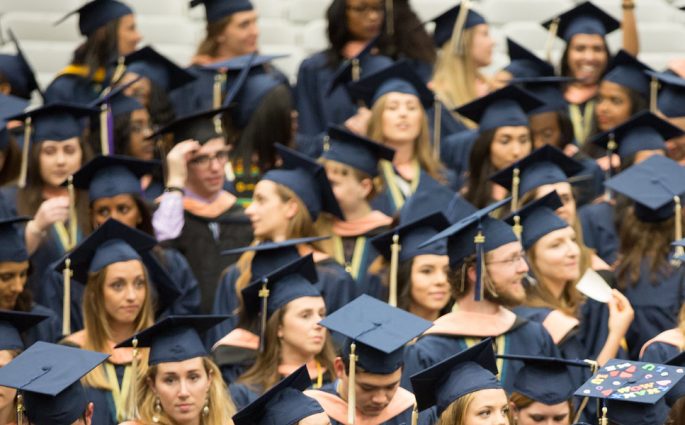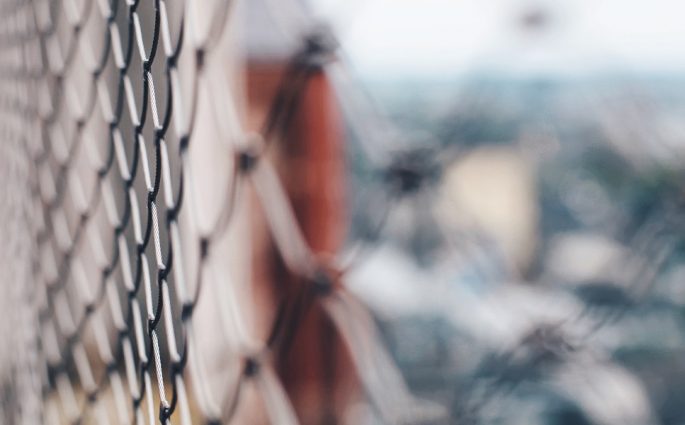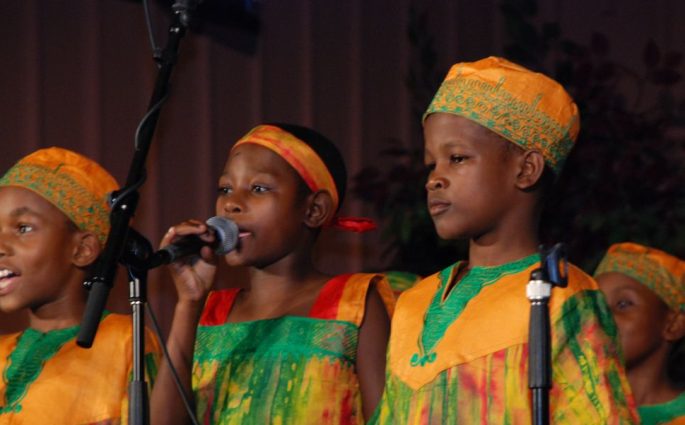Why We Read
Azar Nafisi— Reading is like Alice running after that white rabbit, because she is curious; she wants to know more about a talking rabbit. She is prepared to take the risk and jump down that hole without knowing what she will find at the bottom of the well. This is



